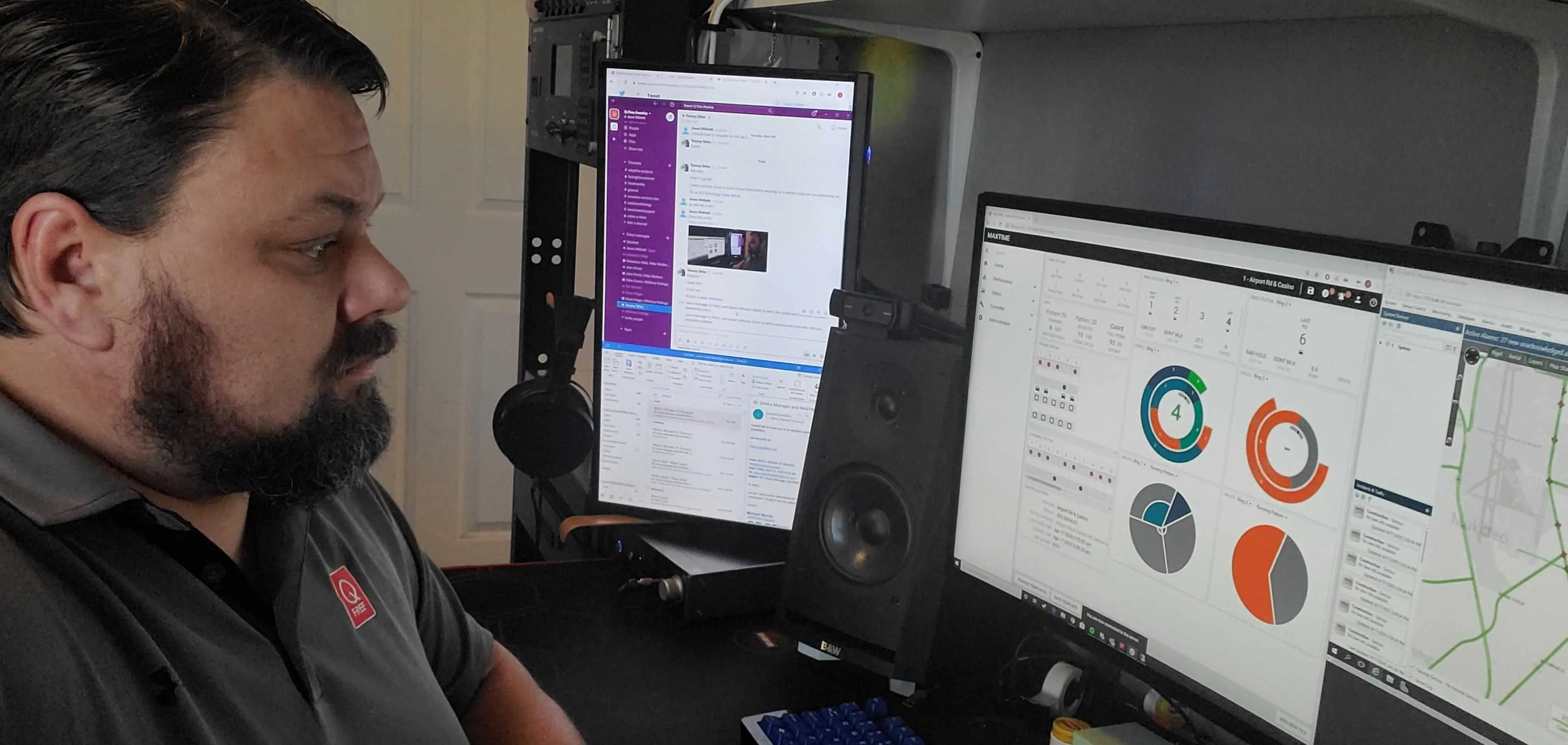TransCore and KLD have signed a memorandum of understanding to jointly pursue projects and provide TransCore with exclusive distribution rights for KLD's adaptive control decision support system (ACDSS). The deal means that US Departments of Transport already using TransCore’s TranSuite advanced traffic management system (ATMS) can now integrate KLD’s adaptive control decision support system (ACDSS) into the system to deliver an adaptive control strategy that can be used as part of a larger area-wide traffi
August 6, 2013
Read time: 2 mins
The deal means that US Departments of Transportation already using TransCore’s TranSuite advanced traffic management system (ATMS) can now integrate KLD’s adaptive control decision support system (ACDSS) into the system to deliver an adaptive control strategy that can be used as part of a larger area-wide traffic signal control system.
ACDSS has been designed to work with existing NCTIP-compatible controllers and a limited number of detectors placed at strategic locations, reducing the investment in additional infrastructure, training, and maintenance. Integrating ACDSS with TransSuite allows the system to process traffic data and to update and transmit applicable signal timing patterns for each intersection, enabling cities like New York to actively manage traffic and adapt the timing at each intersection to address real-time traffic conditions and reduce congestion.
Michael Mauritz, TransCore’s senior vice president and ITS business leader, explained, “While working with KLD on the New York Midtown in Motion project, we saw the benefits that ACDSS could provide and wanted to offer these adaptive features to our current and future TransSuite users."
President of KLD, Satya Muthuswamy, said, “ACDSS is compatible with existing traffic systems and handles an array of comprehensive traffic conditions. We are pleased to have seen it work so effectively in New York and for it now to be available to the profession through the relationship with TransCore.”










